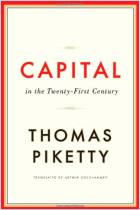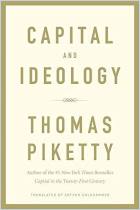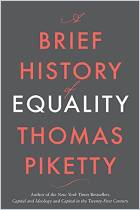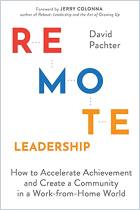
Report
Testing Piketty’s Hypothesis on the Drivers of Income Inequality
Evidence from Panel VARs with Heterogeneous Dynamics
IMF,
2016
Read or listen offline
自动生成的音频
1×
自动生成的音频
Recommendation
Income inequality is a concern around the world. Experts and policy makers from both the right and the left vigorously debate what, if anything, to do about it. Economist Thomas Piketty offered a big-picture analysis of the issue in his best-selling Capital in the Twenty-First Century, in which he found that wealth begets greater wealth, worsening inequality. Economist Carlos Góes attempts to tease out the validity of Piketty’s thesis and arrives at a different conclusion. getAbstract recommends his innovative but esoteric effort to ground Piketty’s historical observations in contemporary data.
Take-Aways
About the Author
Carlos Góes is a research analyst at the International Monetary Fund.
















Comment on this summary or 开始讨论